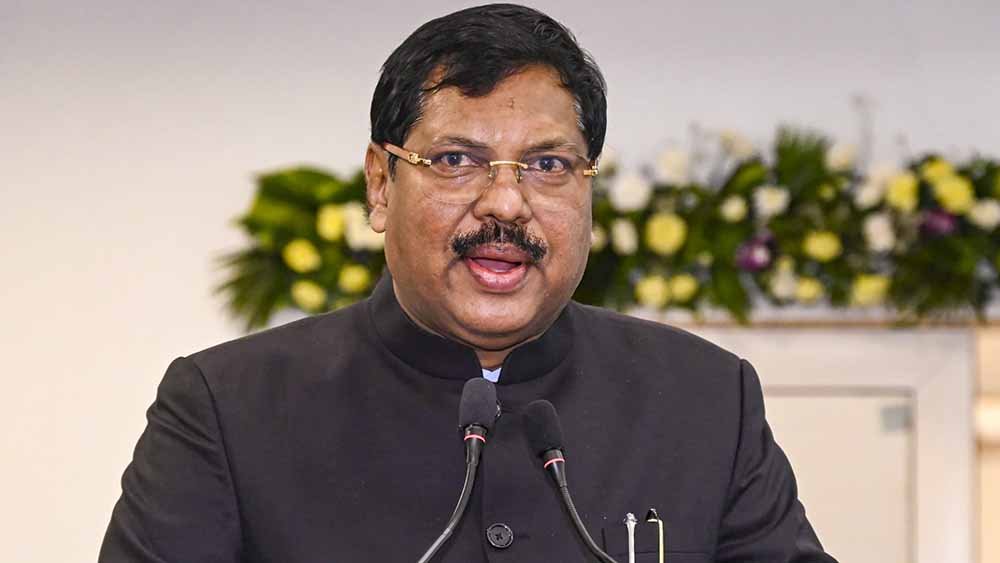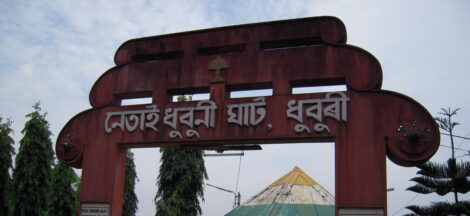Chief Justice BR Gavai has asserted that judicial activism plays a vital role in democratic governance, but stressed it must not tip into what he termed “judicial terrorism.” Speaking at an Oxford Union event at Trinity College, he contended that courts must intervene when the legislature or executive fail to protect fundamental rights, yet must do so sparingly.
Gavai emphasised judicial review is appropriate when a statute contravenes the Constitution’s basic structure, violates fundamental rights, or appears discriminatory or patently arbitrary. He cautioned against courts wandering into areas traditionally reserved for elected bodies, urging restraint lest the judiciary “exceed the limits” and encroach on legislative and executive domains.
Describing the Constitution as a “quiet revolution etched in ink,” Gavai highlighted its transformative power in advancing the rights of historically marginalised communities. He reflected on the journey from centuries of caste oppression—when millions were deemed “untouchables”—to a moment when a person from that background leads the nation’s judiciary.
Speaking to law students and alumni at Oxford, Gavai unpacked the enduring legacy of the Constitution and its framers, notably Dr BR Ambedkar, who ensured it would not merely establish institutional checks and balances, but promote social empowerment through affirmative measures. He cited contributions from Dalit, Adivasi, minority, women, and disability rights advocates in shaping the constitutional promise of equality.
Gavai pointed to three hallmarks triggering judicial review: contravention of the constitution’s core framework; violation of fundamental rights; or unmistakable arbitrariness or discrimination in the law. He stressed such exceptional use must remain rare, deployed only in clear violation cases.
His remarks come amid tension between India’s judiciary and the government, which has on occasions accused courts of judicial overreach. Gavai notably referenced a May 8 Supreme Court order directing the President to decide on reserved state bills within three months—an advisory decision under Article 143 of the Constitution sought by President Murmu to clarify if governors are bound by Council of Ministers advice. This triggered a broader presidential reference, underscoring the delicate balance between judicial authority and constitutional mechanisms governing legislative assent.
Amid these debates, Gavai affirmed that the supremacy of the Constitution cannot be compromised. He recalled his tenure as the 52nd Supreme Court Chief Justice, urging that all pillars—judiciary, executive, legislature—must operate with mutual respect for constitutional limits.
Gavai’s position aligns with that of Justice Surya Kant, who earlier cautioned against courts usurping legislative authority, instead advocating for judicial facilitation of democratic discourse. Both jurists have underscored that when democracy falters, the judiciary’s duty is to uphold rights—but nowhere did they suggest courts should replace the elected branches.
Gavai also appealed to students of Indian origin studying in Britain to return home and contribute to nation‑building. He characterised the Constitution not only as a legal instrument but as a moral compass demanding active participation in democratic life.
His Oxford address echoes a growing judicial consensus that, while judicial activism is indispensable for upholding constitutionalism and protecting rights, robust internal guardrails and respect for democratic legitimacy are equally crucial. It reflects an emerging jurisprudential narrative that defines activism not by volume of rulings, but by fidelity to legal boundaries and judicious discernment.




 HC orders Centre to release education funds to TN
HC orders Centre to release education funds to TN 